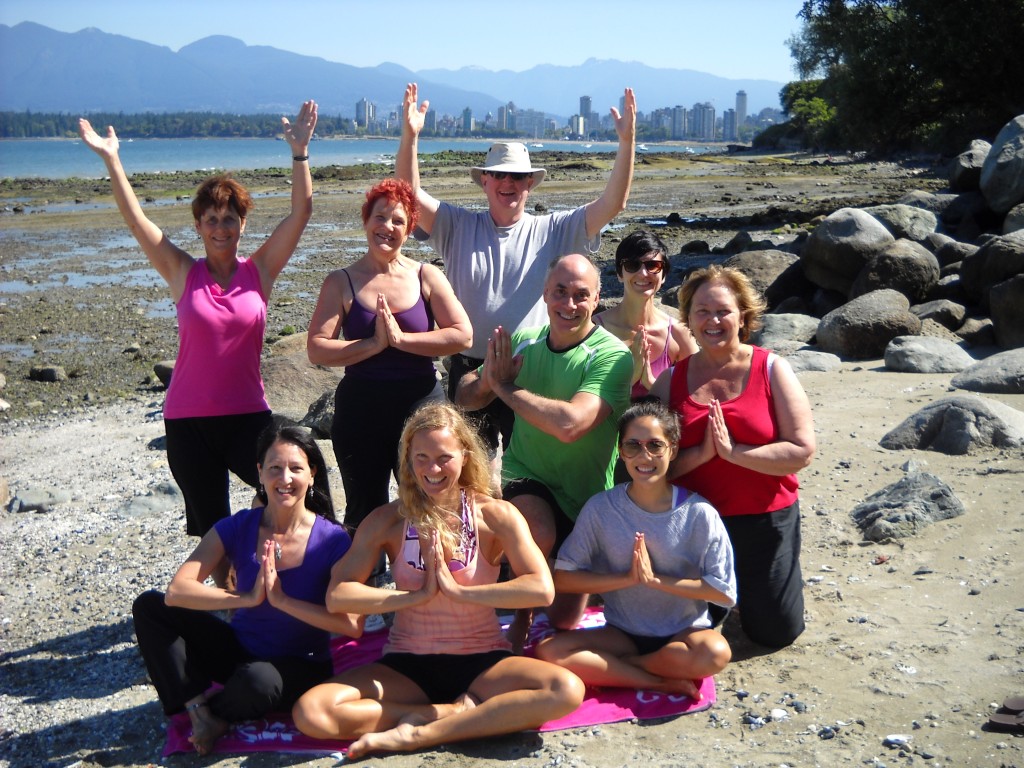Anxiety Common Myths About Anxiety Disorders
Anxiety Common Myths for anxiety disorders, like many other issues surrounding mental health, are often a topic of misunderstanding and confusion. Unless you’ve experienced an anxiety disorder, it’s difficult to understand exactly what’s happening inside a loved one’s mind as they struggle to find peace with their anxious feelings.
There is quite a bit of misinformation and misunderstanding surrounding what it means to have an anxiety disorder. Understanding some of the common myths surrounding anxiety disorders can make it easier to differentiate fact from fiction.
Click this link to see this in PDF format:
https://dianawalker.com/wp-content/uploads/2022/07/Anxiety-Myths-2022.pdf
Anxiety Common Myths 1: “Anxiety isn’t a real illness because it’s really just an emotion.”
Yes, feeling anxious is an emotion that everyone experiences from time to time. Feeling anxious before certain events, such as going on a first date or speaking in front of a crowd, can stir natural feelings of anxiety. However, anxiety is also an illness that requires serious attention.
When anxiety stretches far beyond the parameters of temporary discomfort, it’s more than just a temporary feeling of normal, everyday anxiety. When people develop feelings of anxiety that are persistent and health-altering, they’ve entered the realm of experiencing a true anxiety disorder. This type of persistent anxiety creates serious, life-affecting challenges that make it difficult for the person to participate in their normal, everyday routines.
Anxiety Common Myths 2: “An anxiety disorder will eventually go away on its own.”
People experiencing anxiety disorders may feel their symptoms ebb and flow, depending on what’s happening in their lives. For example, someone with an anxiety disorder may experience a period of time where their symptoms are minor and less noticeable than usual.
However, these fluctuations doesn’t mean the person is completely “cured” or that the anxiety is gone forever. While it is possible for anxiety disorders to calm down over time, it’s important to remember that anxiety can flare up and create issues for people at any given time of their lives. It’s important to remember that triggers, major life changes, and other circumstances can cause anxiety to return. Similarly, anxiety can fade away as other life changes occur that facilitate a drop in anxious feelings.
Anxiety Common Myth 3: “If you have anxiety, you should just avoid whatever it is that makes your anxiety feel triggered or heightened.”
If you could completely avoid any of your particular anxiety-inducing triggers, life would be quite simple. However, making the effort to completely avoid your triggers (or any other potentially anxiety-inducing situation, for that matter) is a fruitless attempt.
The fact of the matter is that anxiety is unavoidable. People face all types of anxiety-causing situations everyday; feeling some stress and anxiety is a normal human experience. Similarly, if a person puts themselves into a situation where they never have to worry about experiencing something potentially stressful, they isolate themselves from living a truly exciting and fulfilling life.
For example, a person who feels anxious in crowds may vow to never find themselves in a situation where they could find themselves surrounded by people again. If they followed through on this thought process, they’d avoid a lot of things that are fun, such as concerts, shopping centres, movie theatres, theme parks, and more. This type of self-imposed ban on potentially crowded spaces may save them from some anxiety, but at the cost of a lot of great experiences and chances to live their life enjoyably.
Anxiety Common Myth 4: “Anxiety disorders are weird because they aren’t very common.”
This is one of the most easily debunked myths about experiencing an anxiety disorder! According to the National Alliance on Mental Health, anxiety disorders are the most commonly diagnosed types of mental health illnesses in the United States of America.
Almost 40 million American adults are currently living with some form of diagnosed anxiety disorder. That is roughly 20% of the adult population living in America. This figure only takes into account the number of people with a formal diagnosis – there are quite likely far more people with anxiety disorders that either haven’t been diagnosed yet or (sadly) may never be officially diagnosed.
These numbers are incredibly staggering. If you ever feel alone or weird for having an anxiety disorder, it’s important to remember that there are many people who understand what you’re experiencing because they are going through the same experience, too. While you might feel weird, you are certainly not strange at all – there is a large group of folks who can directly relate to your experiences.
Anxiety Common Myth 5: “Social anxiety isn’t a real thing…that’s really just when someone is being shy.”
Shyness happens. Much like anxiety, it’s a normal feeling people experience on occasion, particularly when they don’t feel like being social or find themselves in an unfamiliar or uncomfortable social setting.
Shyness tends to be more of a personality trait. A shy person may be susceptible to developing social anxiety disorder, but being shy itself is not characterized by panic, extreme anxiety, or any of the other symptoms that tend to accompany an anxiety disorder. A person may be incredibly shy, but once they’ve had an opportunity to get more comfortable in a new social setting, they’re able to break through that initial feeling of shyness and be more sociable.
Social anxiety disorder is far more reaching than having shyness as part of your personality makeup. A person with social anxiety disorder is extremely consumed with the possibility that they could embarrass themselves or make themselves look foolish in front of a group of people. This fear begins to build into anxiety that is difficult to conquer; it may even persuade them to avoid social interactions or any situation where they may be required to socialize altogether.
Unlike simple shyness, having social anxiety is a life-affecting condition. A person with social anxiety experiences notable mental anguish when they’re placed in a position where they’re required to interact with others. This anxiety can even push itself into reactions such as an anxiety attack.
My next blog post will provide “Natural Ways to Ease Anxious Feelings”
Love and peace
“Love and peace are like twins—they come together.
If you cannot feel peace inside, you will not be able to feel love inside you.”
~ Sri Avinash
Diana Walker https://relaxwithoils.com
ANXIETY ~ Suggested Essential Oils ~ Relax with Oils
(smell them; diffuse them; place them on your wrists, on your throat, even the bottom of your feet!)
1. Lavender Essential Oil (Young Living):
https://relaxwithoils.com/young-living/en_CA/product/lavender-essential-oil
2. Stress Away Essential Oil Blend (Young Living):
https://relaxwithoils.com/young-living/en_CA/product/stress-away-essential-oil
3. Peace and Calming Essential Oil Blend (Young Living):
https://relaxwithoils.com/peace/





Wonderful information. I know many people who suffer from anxiety in different ways. It’s impornat to have an understanding of it. Shared all over.
What a helpful blog. My granddaughter has severe anxiety from way back due to parental abuse. Some people just don’t understand that a person doesn’t have to “look” ill to have an illness.
Very helpful debunking. My husband has Generalized Anxiety Disorder (he’s open about it), these myths you’ve shared have hit home. Thank you for sharing and educating others on this often misunderstood experience.
Great post! These myths are still prevalent today, even when the stigma of having anxiety is less than it has been in the past. Your statement that 20% of people in America have some sort of anxiety may be surprising to many, especially since those with anxiety will often try to hide what they are experiencing.
Hi Brenda! Thank you for your comments. You are so right, so many people suffer from anxiety in so many different ways. Thank you for sharing my post. Diana
Hi Martha! I am so sorry to hear that your granddaughter has anxiety from abuse in her past. Yes, definitely it does not show on the outside, many times. Yes, anxiety is multi-faceted, and takes time and work and methods to overcome.
Thank you for your comment. Diana
Hi Kimberly! Thank you for your comment. I’m glad your husband has at least had a diagnosis, and I hope that professionals are providing guidance and help for him. Thank you for your appreciation of my education on this. Diana
Hi Angie! Thank you for your comment. Yes, definitely the stigma is less than in the past, Thank Goodness, but we certainly still have a long way to go in helping people with anxiety, you are so right. Diana